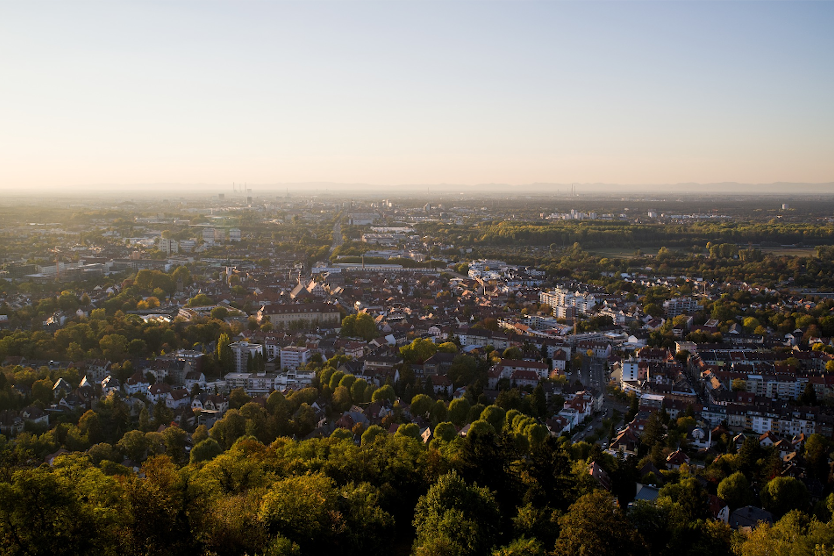
IW³ seeks to demonstrate solutions for a fully sustainable, secure and affordable heat and power supply based upon renewable energy sources in urban areas.
© Pixabay
Another Real-world Laboratory for the Energy Turnaround (“Reallabor der Energiewende”) has launched in Hamburg’s Wilhelmsburg district. IW³ –"Integrierte WärmeWende Wilhelmsburg" seeks to demonstrate solutions for a fully sustainable, secure and affordable heat and power supply based upon renewable energy sources in urban areas.
The guiding principle is to yolk together the heat and electricity sectors with mobility, and to link regenerative energy sources – namely geothermal, solar thermal and wind – with storage concepts in order to serve the popular district’s 70,000 residents. Wilhelmsburg stands on a natural source of geothermal water which lies 3,500 metres below the surface. This heat will be piped into the heating network, while excess heat in the summer months will be stored in a near-surface, porous rock.
Back on the surface, a virtual power plant will manage energy needs and surpluses across all the connected systems. An open IW³ marketplace will also be created for the trading of energy between various sources and prosumers in a highly automated and transparent way. A former WW2 bunker will be transformed into an “energy bunker” – the control centre for the IW³ lab.
At the launch of the project, Andreas Feicht, State Secretary for Energy Policy at the Federal Ministry of Economics and Energy (BMWi), commented: “Hamburg is now demonstrating with IW³ how a real laboratory works in an urban environment... The concepts tested here are transferable throughout Germany.”
The BMWi is supporting the consortium partners of IW³ – which include Hamburg Energie GmbH (the project coordinator), Geothermie Hamburg Wilhelmsburg GmbH, Hamburg University of Applied Sciences, Christian-Albrecht University of Kiel, Hamburg Institute and CONSOLAQUA Beratungsgesellschaft mbH – with EUR 22.84 million under the umbrella of the 7th Energy Research Programme.


